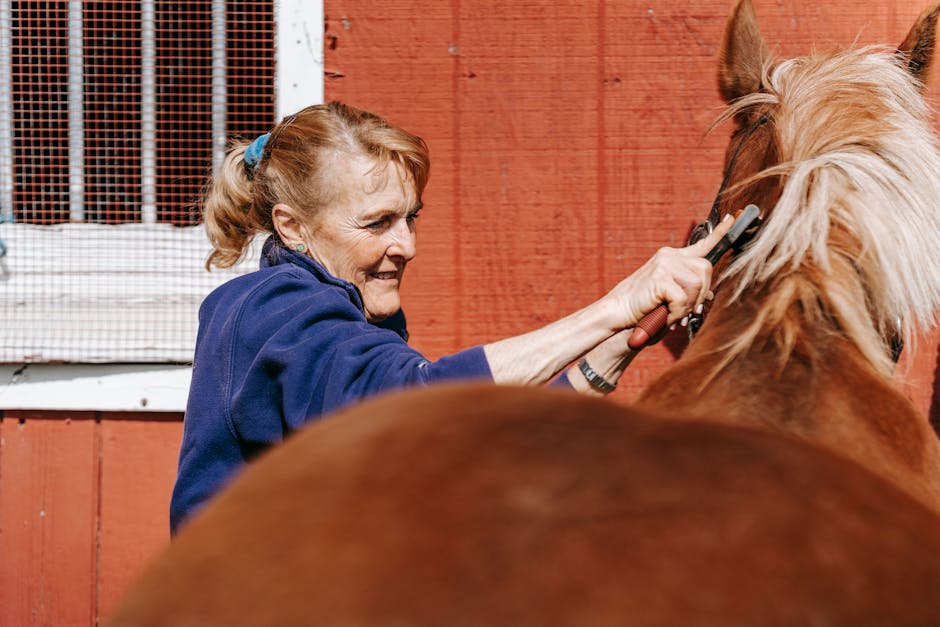A significant change in senior pets’ lives revolves around their physical capabilities. Just as human seniors may experience decreased mobility and joint pain, senior pets often face similar challenges. Arthritis, a common ailment, can cause stiffness, lameness, and decreased agility. A senior dog might struggle to climb stairs or join in exuberant playtime, while a senior cat might be less inclined to leap onto high surfaces. This decline in physical capacity prompts a need for accommodations. Providing ramps for stairs, ensuring a warm, cushioned bed, and making food and water bowls easily accessible are key to maintaining their comfort and well-being.
Diet plays a critical role in senior pet health. Senior pets’ metabolic rates often decrease, meaning they require fewer calories to maintain their weight. Overfeeding can lead to obesity, exacerbating existing joint issues and potentially contributing to other health problems. Veterinary consultations are essential in guiding dietary adjustments. Specialized senior pet foods often contain higher levels of digestible protein and fewer calories, supporting muscle mass and promoting healthy aging. Furthermore, senior diets might include added supplements to support joint health and address specific nutrient deficiencies that become more prevalent with age. Consider incorporating readily digestible proteins and easily absorbable nutrients into their daily meal plan.
Furthermore, senior pets’ sensory perceptions can diminish. Hearing and eyesight can deteriorate, impacting their ability to respond to commands or recognize familiar surroundings. This necessitates a shift in communication techniques. Using more visual cues and ensuring the environment is well-lit and familiar are essential adjustments. For example, a senior dog may need a louder voice to attract their attention. Ensure you keep their environment predictable, with familiar scents and textures, to reduce stress and promote their comfort.
Dental care becomes increasingly crucial for senior pets. Periodontal disease, a prevalent issue, often worsens with age. Accumulated plaque and tartar can lead to painful gingivitis and tooth loss, impacting appetite and overall health. Regular professional dental cleanings, combined with diligent at-home dental care, can mitigate these issues. Brushing teeth with pet-specific toothpaste and providing chew toys designed to reduce plaque buildup can be very beneficial. Observe their oral hygiene and consult a veterinarian about any concerning changes.
Mental stimulation is equally vital for senior pets. While their physical activities might diminish, keeping their minds engaged is crucial to their emotional well-being. Puzzle feeders, interactive toys, and training sessions that focus on scent-based exercises are effective ways to challenge their cognitive abilities. This mental engagement can help prevent cognitive decline and maintain their alertness. Maintaining routine interactions and social interaction with other pets or family members can help maintain a sense of connection. Variety and stimulation of the senses will assist in mental wellness and overall happiness.
Veterinary care assumes an even greater importance for senior pets. Regular check-ups become more frequent to monitor any developing health issues. Early detection of potential ailments allows for timely interventions, improving the pet’s quality of life. Senior pets may need more frequent check-ups, blood work, and other diagnostic tests to address any potential problems. This early intervention can prevent complications from worsening. Discuss the need for ongoing monitoring of organ function with the veterinarian to address any potential ailments.
Beyond these specific needs, ensuring a senior pet’s happiness stems from consistent affection, affection, and familiarity. Maintaining a comfortable environment, understanding their limitations, and adjusting the lifestyle to accommodate their age-related changes are essential aspects. Senior pets often appreciate predictable routines and consistent companionship, allowing them to feel safe and secure. Be mindful of their reduced energy levels and adjust activities accordingly.
In conclusion, recognizing the unique needs of senior pets is paramount to ensuring their continued well-being. Addressing the physical changes, dietary adjustments, sensory impairments, and mental stimulation requirements, combined with regular veterinary care and consistent affection, will contribute significantly to the health, happiness, and longevity of senior companions. These efforts contribute to a meaningful and fulfilling life for both pet and owner.
